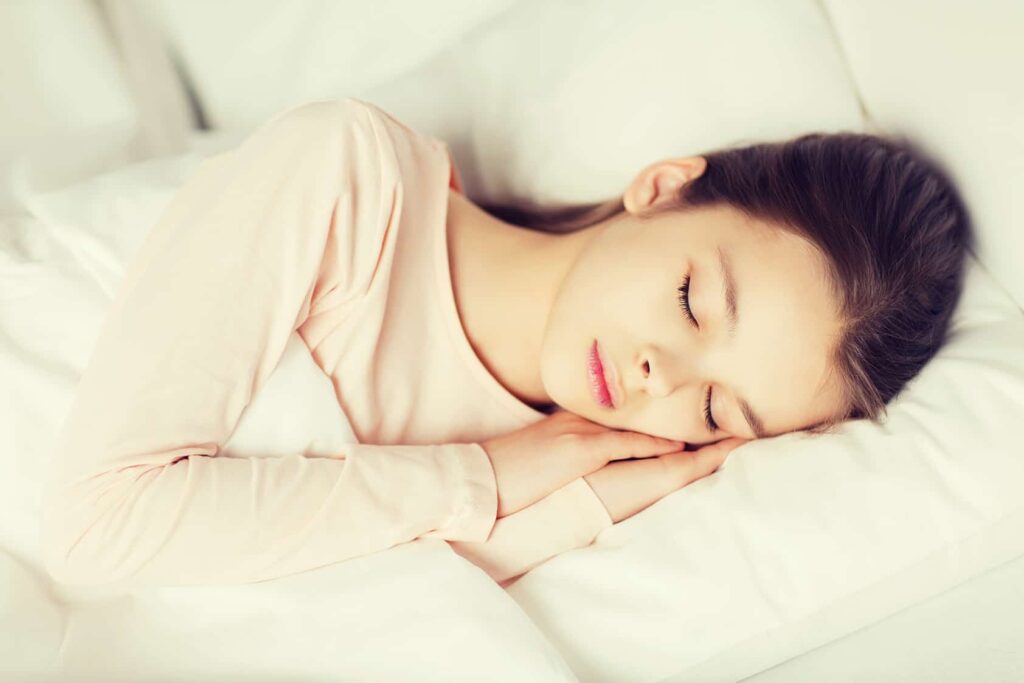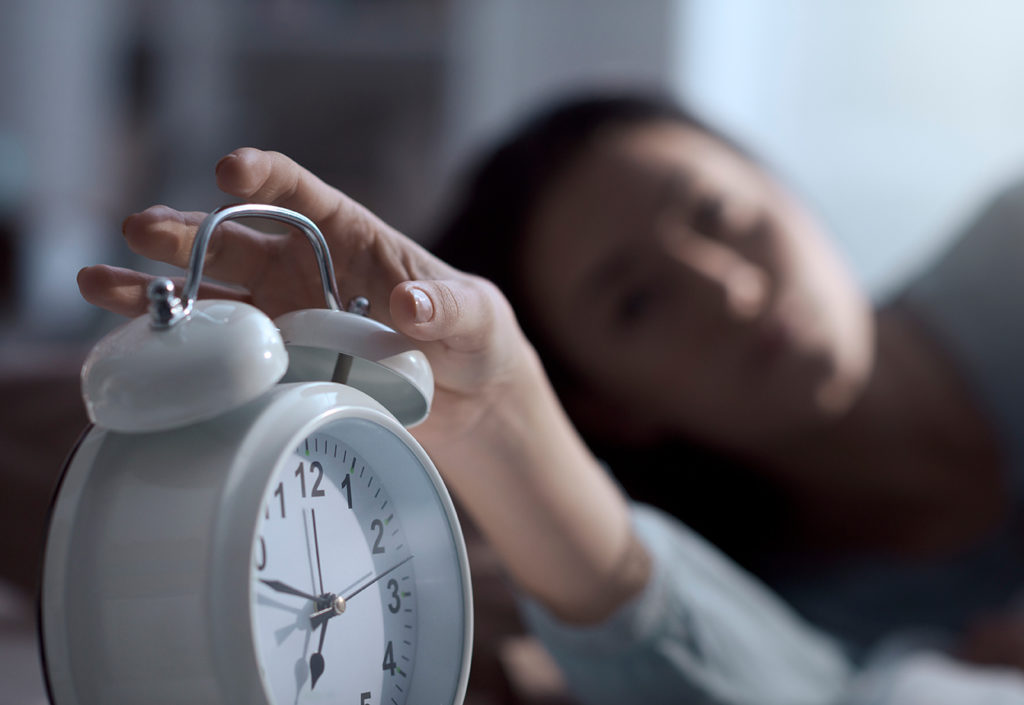The Importance of Sleep
I recently took part in a talk to a health and well-being group about the importance of sleep.
I discuss why sleep is so important for our physical and mental health, how to improve sleep with ‘Sleep Hygiene’ tips and a quick and easy self-hypnosis technique that can help you fall asleep if you are lying awake at night.
Did you know?
Two-thirds of us are not getting the right amount of sleep every night, if you are one of those struggling then the tips in this video could really help you. Sleep is always the first thing I look at with new clients because when we are stressed and anxious we cannot sleep, and when we are not sleeping it creates stress and anxiety, however, this vicious circle that can be broken. There are some interesting and startling facts found in Matthew Walker’s book “Why we sleep” :
- Regularly getting less than 7 hours sleep can damage people’s health.
- Failure to sleep between 7-9 hours a night is associated with physical and mental health problems such as increased risk of obesity, strokes and heart attacks.
- We increase our risk of Type 2 diabetes and Alzheimer’s as we are unable to lay down new memories without sleep.
- Our natural cancer fighting cells are reduced by as much as 70% after just one night of 4 hours sleep.
- Our cravings for sweet or carbohydrate-rich food increase by as much as 30-40%.

The benefits of a good night’s sleep
- It restores our body both physically and mentally.
- Our bodies rest, repair and make new cells and that is why when we feel ill or sick we want to sleep
- We process what has happened the previous day by laying down new learning’s and memories.
- We change unresolved issues from something emotive or worrying to a story that we deal with using our REM sleep – emptying our stress bucket. We all know the old adage “Sleep on it – you’ll feel better in the morning”.
- Without it we feel sluggish, have brain fog, cannot make decisions, are more irritable and can overreact, we have slower reaction times and are unable to function.

Simple sleep tips
Here are just a few of my tips for creating a better sleep environment and the do’s and don’ts before bedtime. Probably one of the biggest problems to address in our modern age is the use of technology and the fact that our world never seems to switch off.
We are designed to have at least 8 hours sleep a night, in primitive times when it was dark we would sit around the flickering light of the fire, telling stories and then fall asleep, and then we would wake when it was dawn. Now we sit around the TV or on our computers and phones (or often all three at the same time!) and with access to anything we want, whenever we want it, making it difficult to switch off and fall into a restful sleep, also making it even more difficult to drag ourselves out of bed in the morning.
- Make sure you bedroom is dark and cool.
- Avoid caffeine after 12pm as it stays in your blood stream for up to 12 hours.
- Switch off devices at least an hour before bed, they omit ‘blue light’ and this tricks the brain into thinking its still daytime
- We give our children a bedtime routine, and as adults a routine is just as important.
- Avoid eating a heavy meal before bed.
For more help if you’re struggling to sleep please take a look at how I could help you.